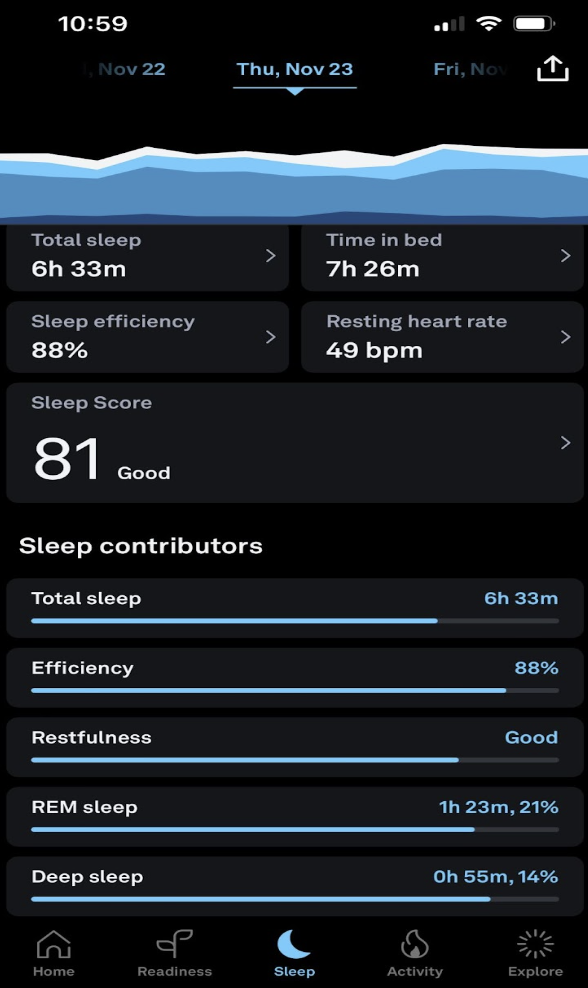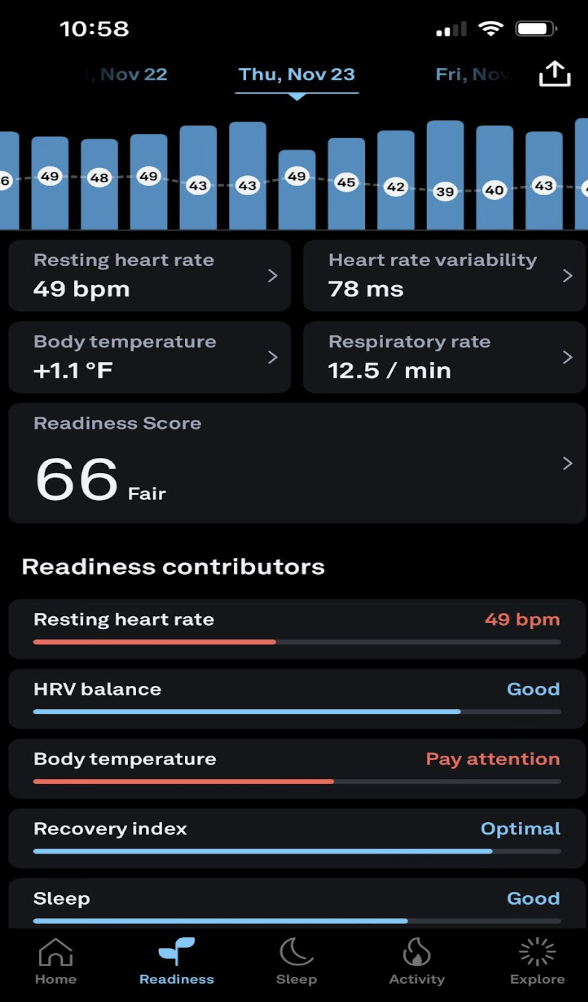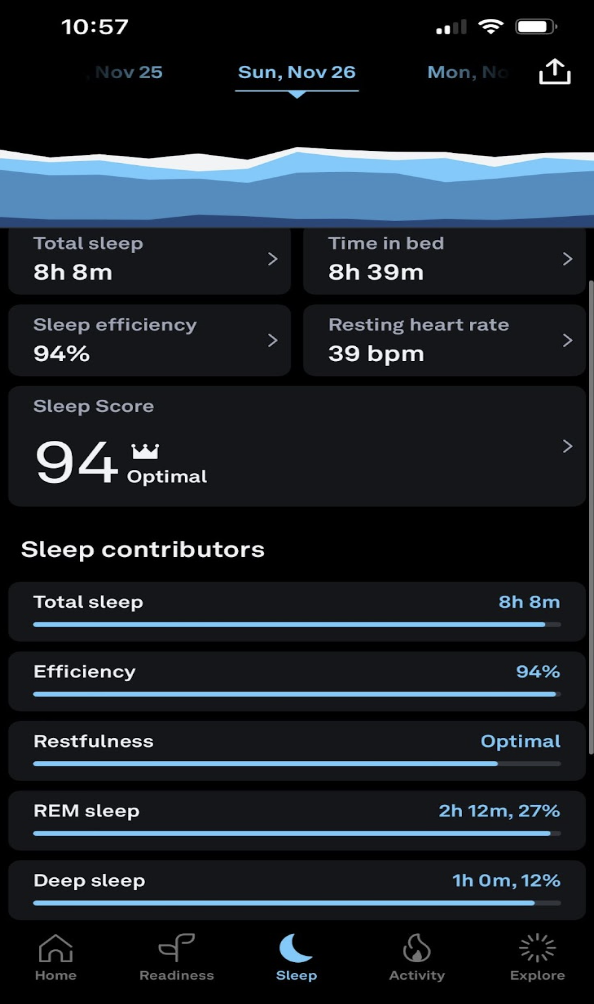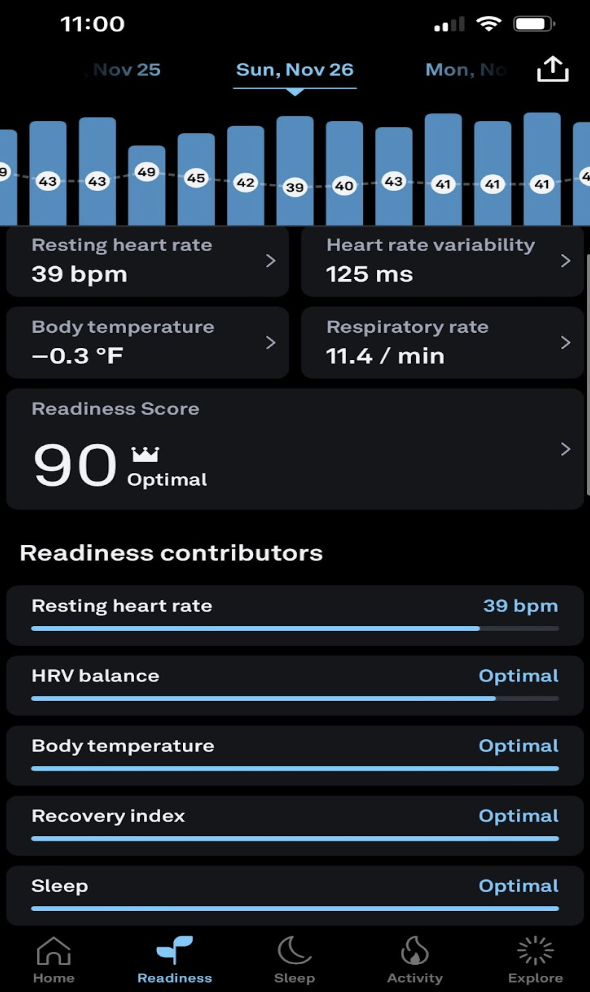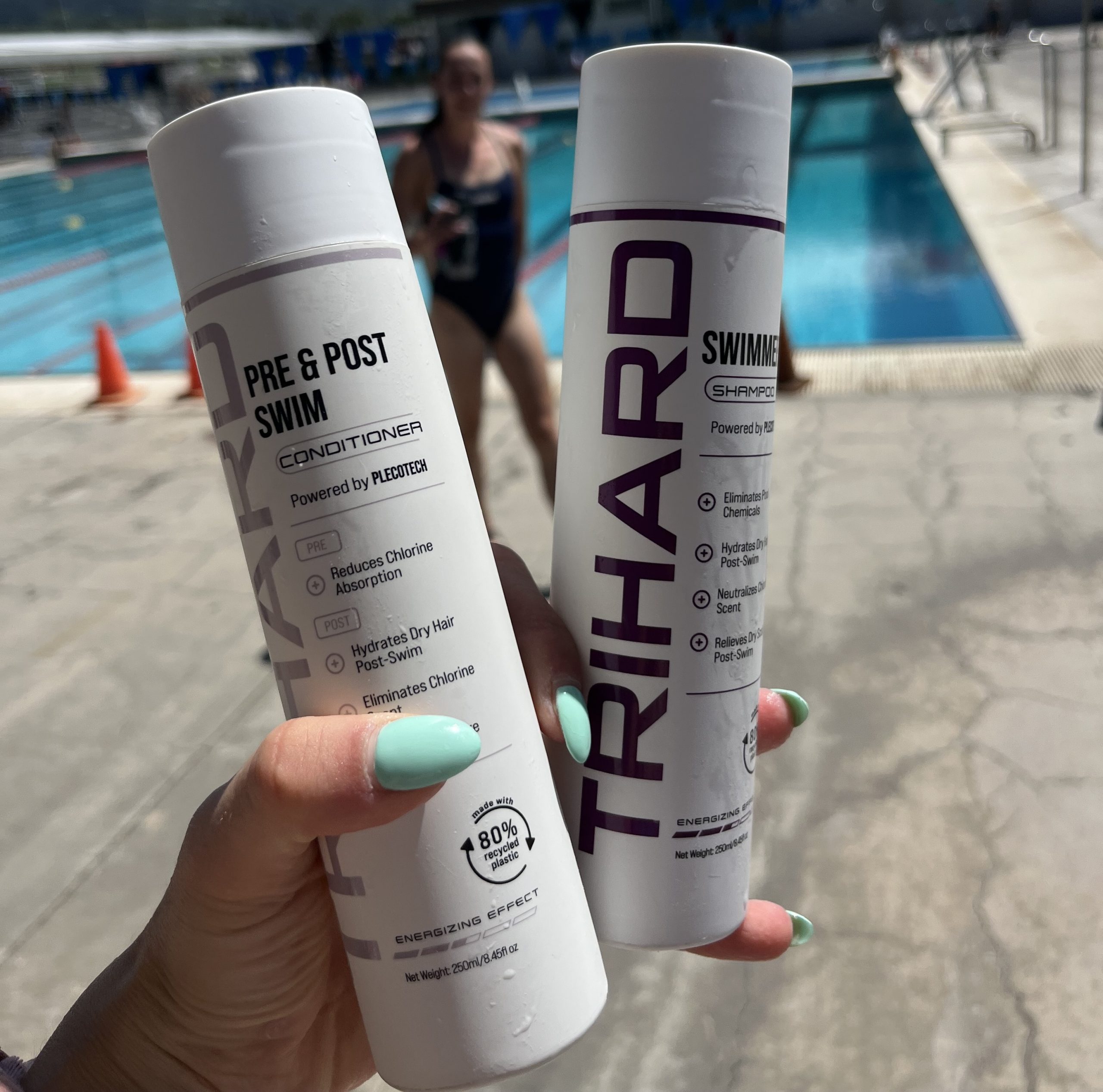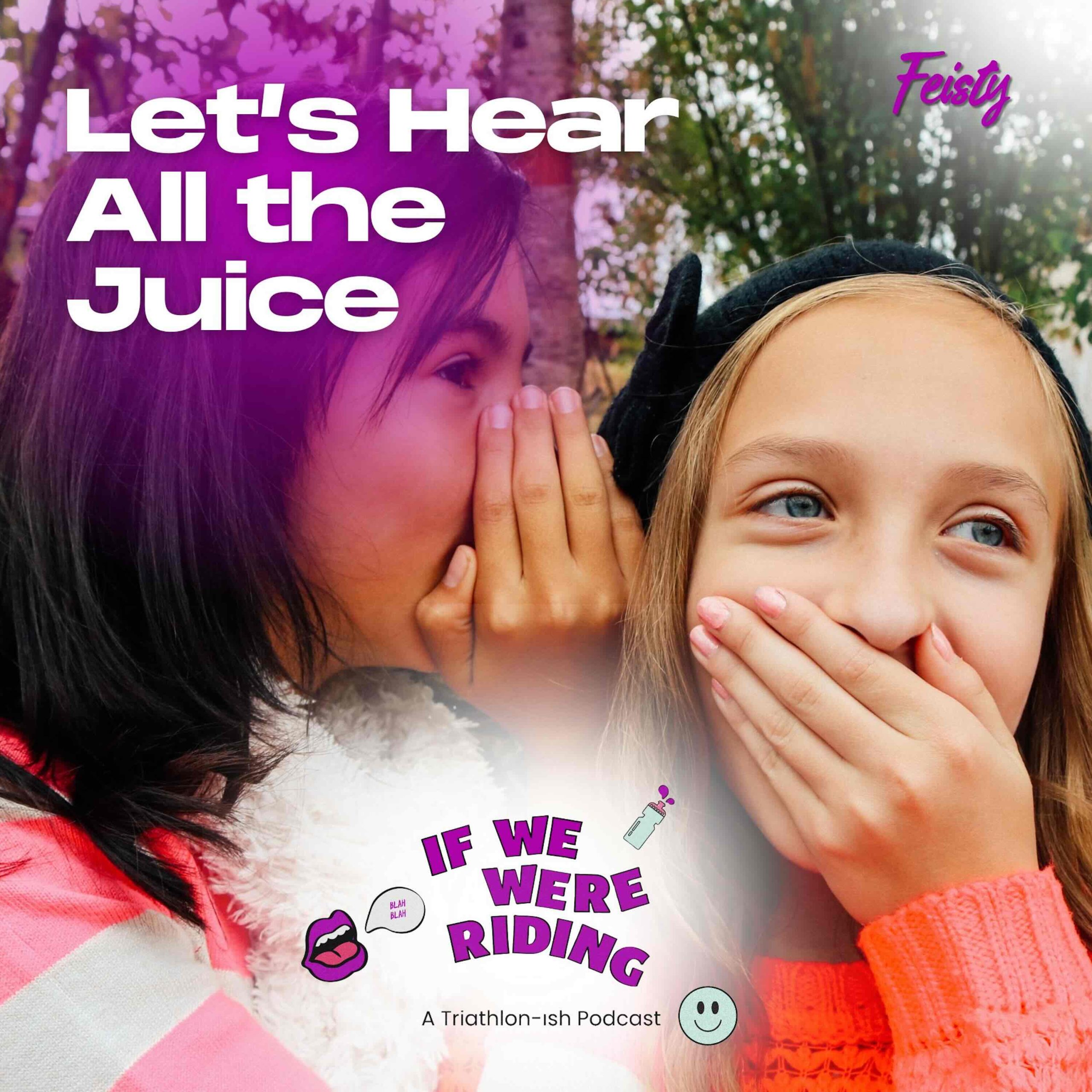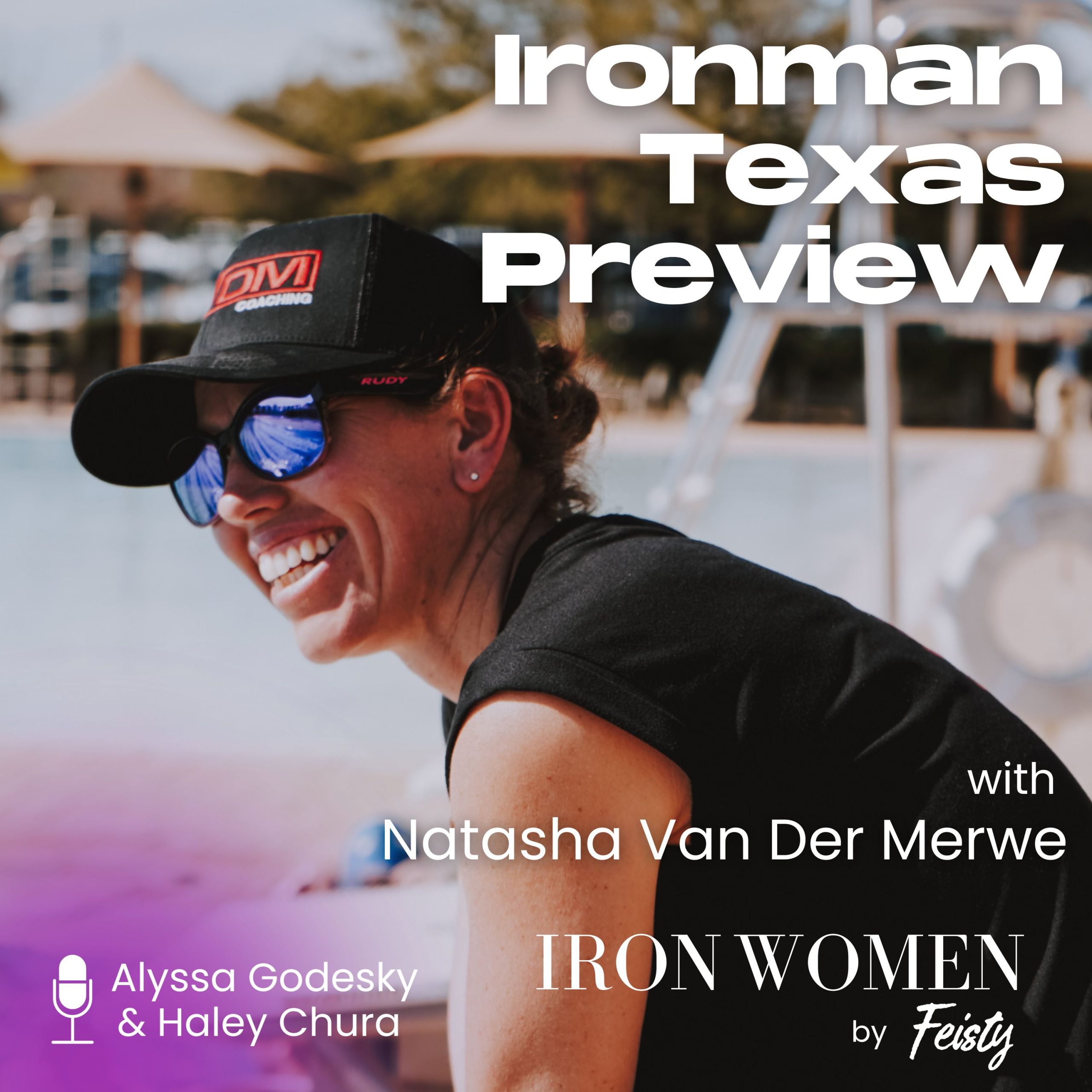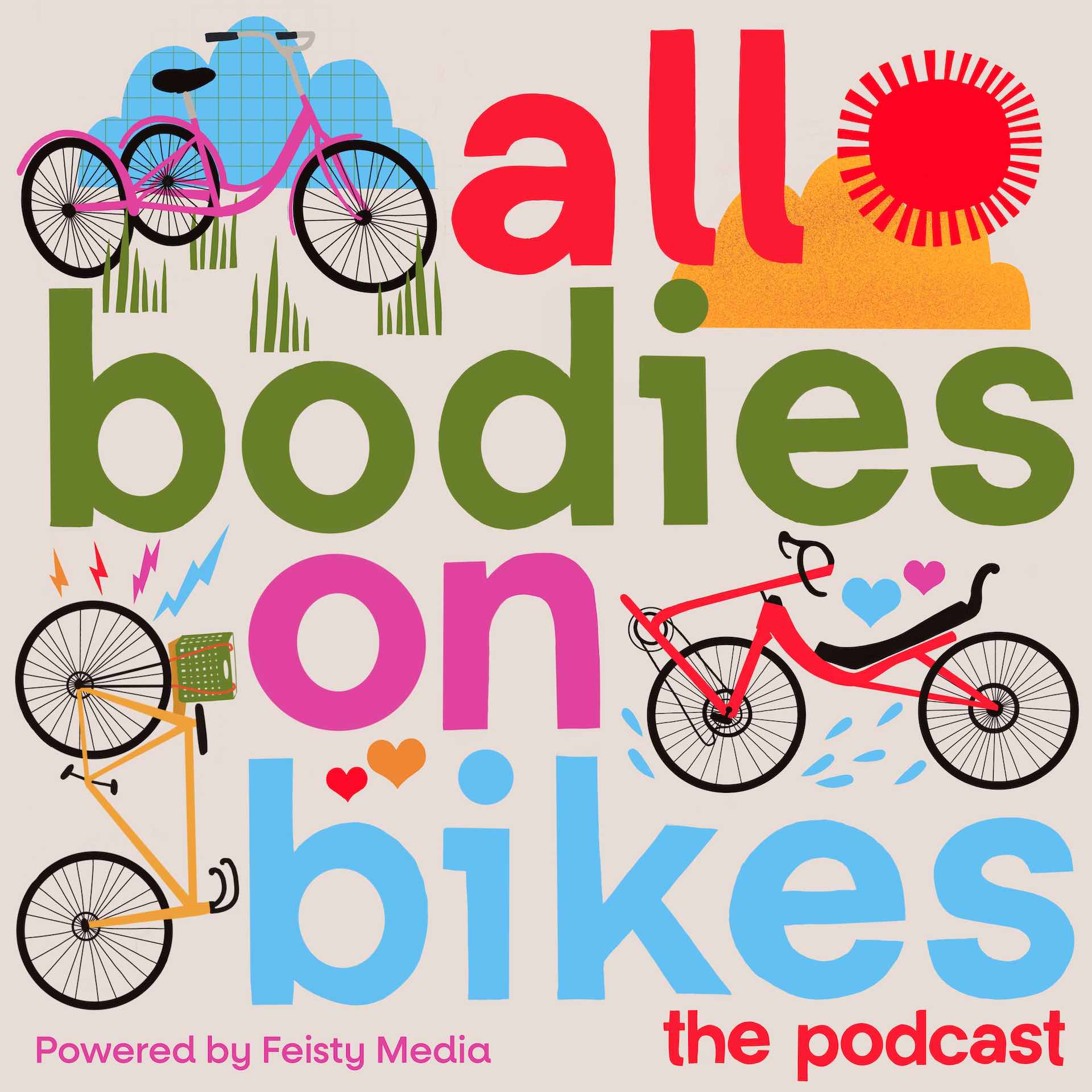December 20, 2023
How Three Years of Sleep Tracking Has Improved My Health and Happiness
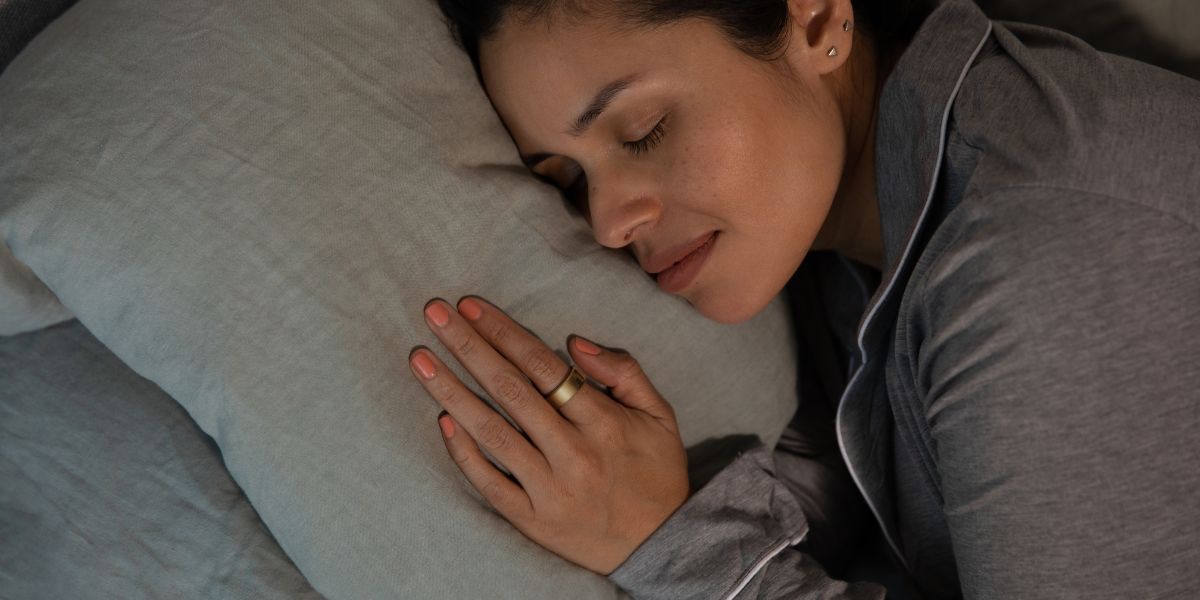
Lower blood pressure, lower blood sugar, and better moods are just a few benefits I’m enjoying.
By Selene Yeager
*This is a sponsored post. But only because I’m passionate about Oura Ring and have been bugging them for three years to sponsor us. I’d have written all this anyway. If you’re interested, you can get 10% off an Oura Ring right now at ouraring.com/feisty
I’ve always been a pretty good candle burner. I can stay up too late, blow off recovery, have that extra glass of wine, and still sleep pretty solidly and feel ready to go the next day. Which sounds like a good thing…until it’s not. Post menopause, I noticed that while I could still not take the best care of myself and function well, my health was silently suffering.
My blood pressure was inching up over the ideal 120/80 range. My blood sugar was hovering in borderline territory. I was living with a constant undercurrent of stress that was gradually eroding away at my happiness (which I define as being generally content) like a stream etching grooves in stone.
So, just over 3 years ago, I ordered an Oura Ring, and though I’m certainly not perfect, it has helped me take care of myself on a consistent basis. For that, I’ve been rewarded with blood pressure in the 110/70 range, reduced blood sugar, and stable, generally happy moods even when life is pretty stressful.
How it Works
To see how all that works, compare and contrast a couple of days over the Thanksgiving holiday. On the Wednesday before Thanksgiving, I was definitely torching those candles: swimming in work stress, planning family gatherings, and overindulging in a couple of drinks while finishing up the final episodes of Lessons in Chemistry. I didn’t sleep long, but slept well, and felt pretty good Thursday morning. My readiness, though, tells another story…Without tracking. I wouldn’t see that internal toll.
Similarly, I can see how my body reaps the rewards when I take better care of myself – getting more sleep (especially after a big training day or block), eating an early dinner, and skipping the evening drink, which is what I did Saturday night after the holiday break. The Readiness metrics make the benefits of those behaviors crystal clear.
Did I necessarily feel that much more super amazing Sunday morning? If I’m honest, no. But, for me personally, that’s the point. Though I didn’t feel that much difference between those two days, overtime, stacking up too many days like Thursday was impacting my health and leaving me feeling less than my best, as well as chipping away at my health.
Oura also gives you an Activity Score based on how much you moved around during the day. I’ll note that I don’t use Oura for fitness tracking per se. I use it mostly as an “inactivity tracker”. As a writer, I sit…a lot. Too much. So I try to keep my inactive time under eight hours, which is surprisingly difficult to do some days. Its accelerometer is good at picking up general movement, but it struggles to categorize exercise activity accurately. I just sync my Strava to Oura so it gets my specific daily training data that way.
They’ve also recently introduced Daytime Stress Tracking, which measures your heart rate, heart rate variability, motion, and temperature throughout the day to provide ongoing insights into your physiological stress. So, you can see when you’re stressed, engaged, relaxed, and restored.
What Those Metrics Mean
Oura calculates your Sleep Score based on your total sleep time (including naps), sleep efficiency (your time asleep compared to time awake), sleep latency (the time it takes you to fall asleep), restfulness (how much you’re tossing and turning and getting up in the night), and time spent in REM and deep sleep, which are key for mental and physical restoration.
I have found it remarkably accurate. I can see when I got up to pee at night; when I tossed and turned at 4 a.m. with my mind worrying over a work problem, and when I woke from a dream or had a night sweat. Their 2021 validation study (which, yes, is company generated, but still quite comprehensive) shows that the ring agreed with polysomnography (aka medical sleep study) data 79% of the time. Pretty impressive for a lightweight ring you barely know is there. The Sleep Foundation also rates it their top pick.
The Readiness Score is calculated based on your Sleep and Activity Scores along with your heart rate variability (HRV, a reflection of your autonomic nervous system activity; higher is generally more relaxed, lower is more stressed), skin temperature, resting heart rate, and your recovery index (how long it takes your heart rate to stabilize during the night). Interestingly, back in 2021, the ring knew I had Covid before I did, as my body temperature and respiratory rate were elevated before I started to feel off.
You can track all these factors separately, or just look at the daily score, which is a numerical rating between 0 and 100. The cutoff is 75 for good and 85 for optimal.
Women-Specific & Other Special Features
Oura also offers some cool women-specific features like Cycle Insights, which pairs with apps like Natural Cycles so you can better see how perimenopause is affecting your body.
The Oura app also offers meditation sessions, breathing exercises, and very pleasant sleep stories (I drifted off to East of the Sun and West of the Moon a half a dozen times before I finally listened earlier in the evening to find out what happened to the tall white bear…).
I sometimes think that I don’t really need to track my sleep anymore since I’ve spent three years learning how training, stress, and myriad lifestyle habits impact my physiology. But I like the accountability factor. I like knowing that if I respect my recovery, practice healthy habits, and head to bed early with a book, I’ll get a good score in the morning, not just because I like gold stars and virtual bling (though I definitely do), but also because I’ve seen in real life all the ways it benefits my health and well-being.

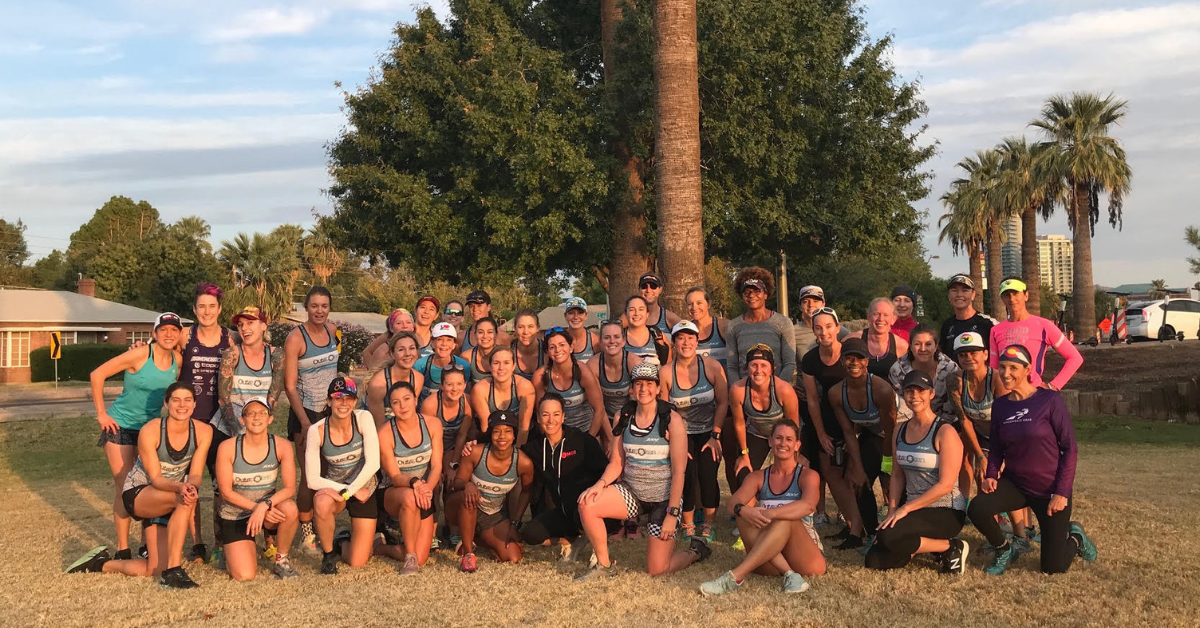 Outspoken Women in Triathlon Summit Returns Bigger than Ever
Outspoken Women in Triathlon Summit Returns Bigger than Ever 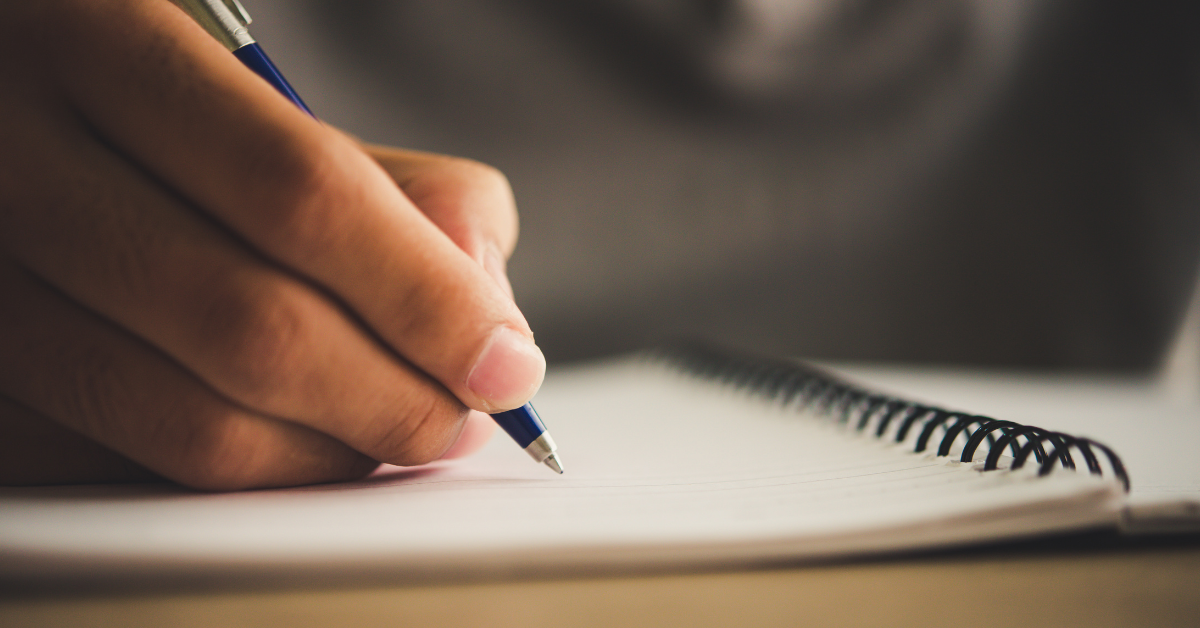 Driving the Lamborghini: Productivity and the Power of Paper
Driving the Lamborghini: Productivity and the Power of Paper 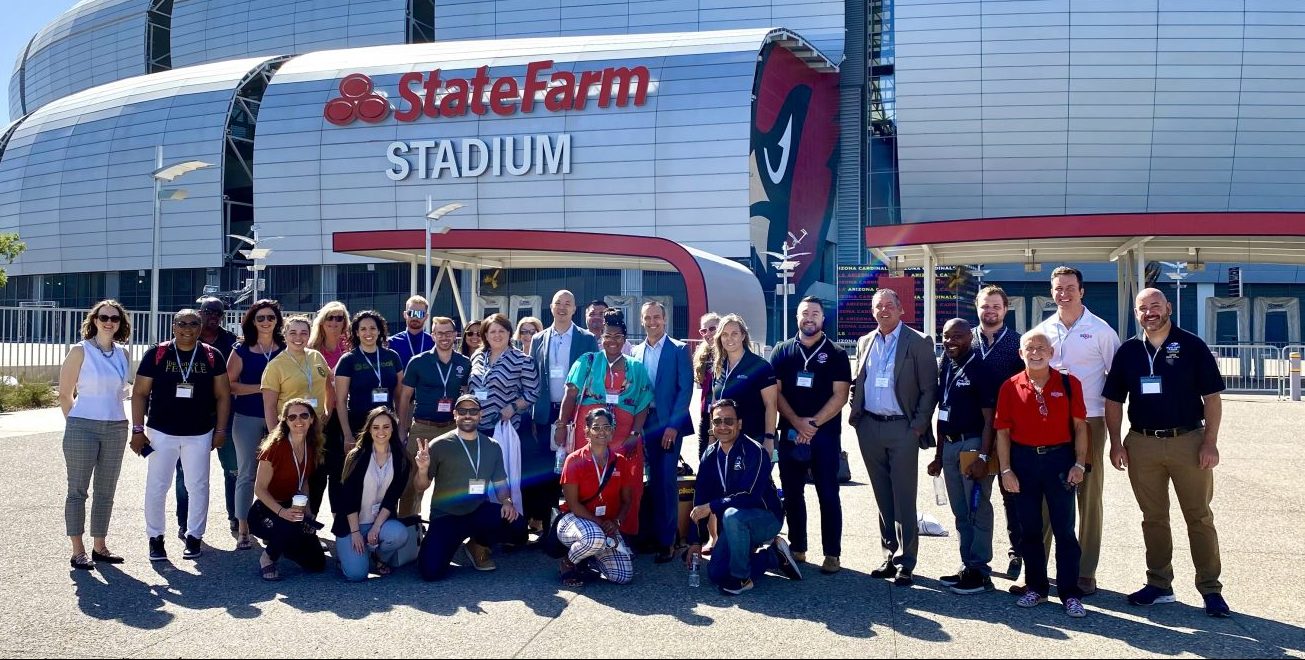 5 take aways from the Compete Sports Diversity Summit
5 take aways from the Compete Sports Diversity Summit  Simple Tips to Hone Your Bike Handling Skills
Simple Tips to Hone Your Bike Handling Skills 